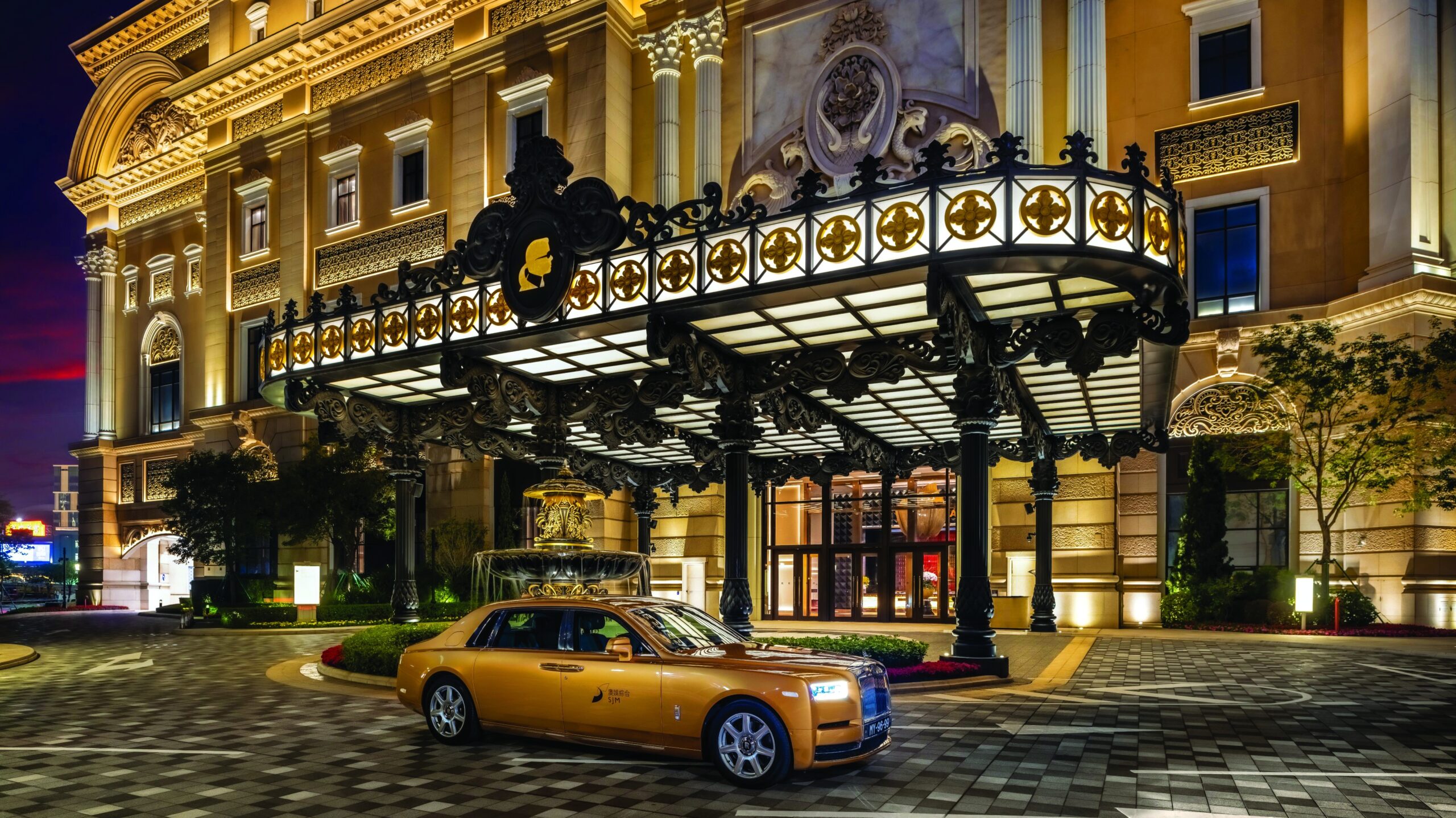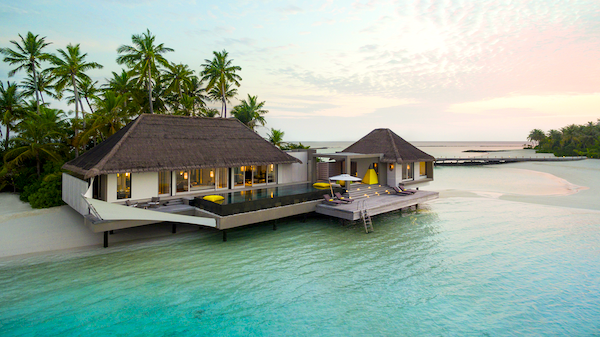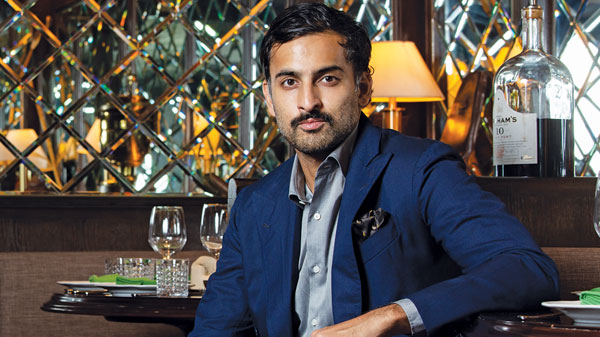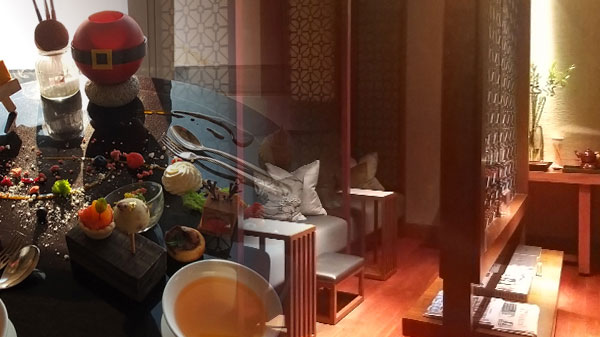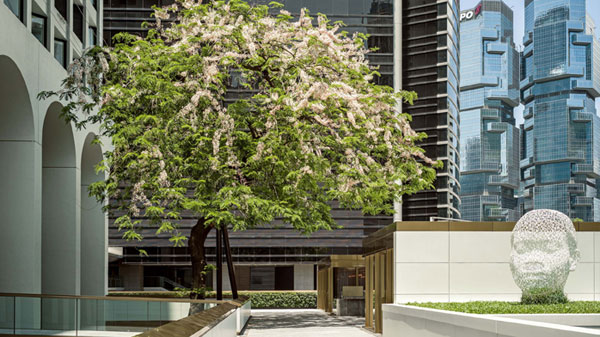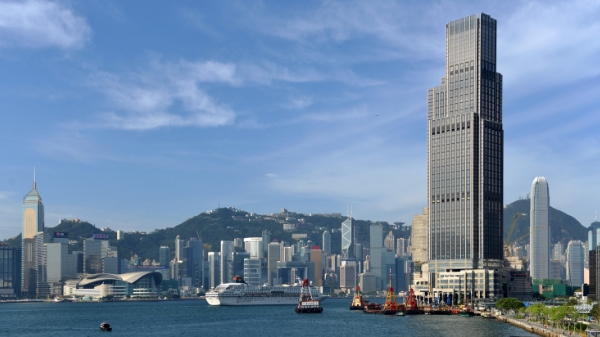Luxury shoppers and travellers today are craving experiences that go beyond simple products and services. Taking strategic steps outside their boutiques, fashion brands have found the perfect combination to satisfy both their growth and customer demand by projecting a whole lifestyle. The smartest among the fashion-forward companies have already entered the hotel industry, including Armani and Versace; the Italian duo recently expanded their portfolios by opening properties in Dubai and Macau respectively. French luxury goods behemoth, LVMH, which owns Louis Vuitton, has also announced its ambitions in the hospitality industry. In fact, company CEO Michael Burke revealed that Louis Vuitton’s Paris headquarters will be converted into a hotel and shopping centre.
The overlapping between fashion and hospitality is far from uncharted territory, but travelling comfortably forward, this year’s crop of entrants seems particularly well-positioned to not only succeed but potentially scale up. Although specifics of the Louis Vuitton hotel project have not yet been disclosed, LVMH is no newbie to the world of upscale hospitality. The conglomerate’s holdings include: the upscale travel company Belmond, which manages more than 30 hotels; the luxury jewellery, accessory and hotel brand Bulgari; and the Cheval Blanc luxury hotel chain as well as the famed winery.
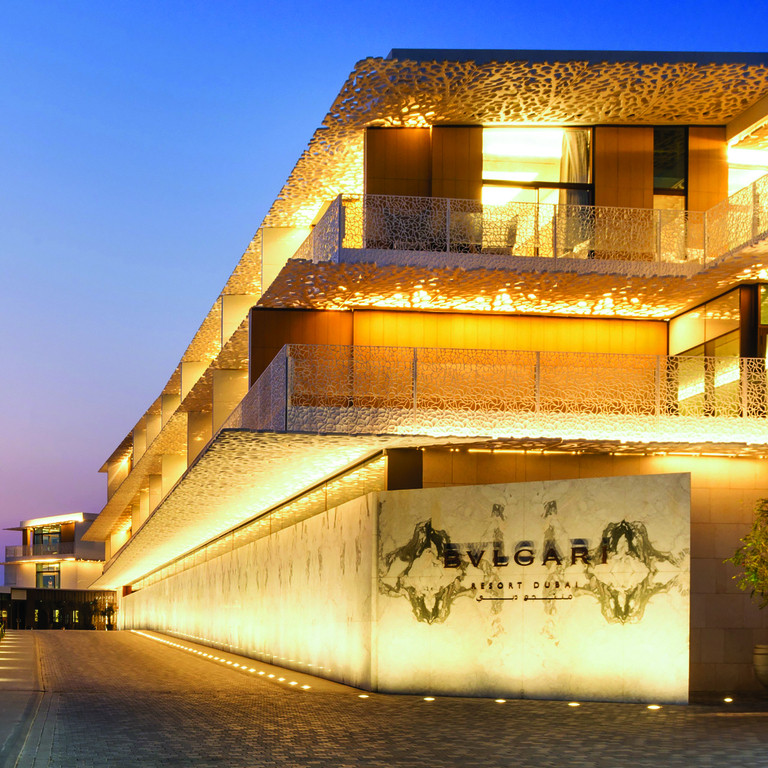
Bulgari Hotels & Resorts, a division of Bulgari established in 2001 thanks to a partnership with Marriott International, has a strong presence in the market. Indeed, it may be the fashion world’s most successful hotel venture to date. The brand currently has outposts in Milan, London, Dubai, Bali, Beijing, Shanghai, Paris, Moscow and Tokyo, with Rome to open this month and Miami, the Maldives and Los Angeles in the pipeline.
Executive Vice-President of Bulgari Hotels & Resorts Silvio Ursini highlights that Bulgari’s long-established association with beauty, exclusivity and glitz contributes to the hotel concept’s longevity. “As a luxury brand, we know how to pamper and build a true relationship with our customers,” he says, adding that business across the portfolio has remained robust in recent years, thanks to increased demand for “ultraluxe experiences”.
The Bulgari properties also function as great showrooms for the company’s jewellery and accessories. Each has a few Bulgari items on show in the lobby, and some, like the ones in Shanghai, Dubai, and Paris, also include a retail store. “A hotel guest dedicates at least one or two days, if not more, to their stay and has more time to observe and choose a piece,” notes Ursini.
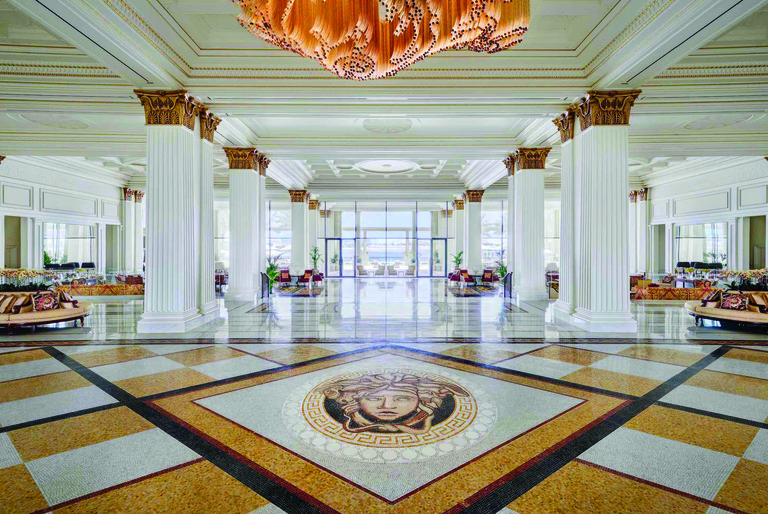
Indulgent Elegance
Attention to the smallest details and touches is what fashion is all about. Luxury products offer a certain level of excellence, from the tortoiseshell buttons that adorn our winter coats to the finely built bags we can’t live without. This kind of indulgent elegance, which includes chauffeur-driven Rolls-Royces, breathtaking views and culinary creativity, is what draws tourists every year to the top fashion designer hotels in the world, especially at a time when luxury becomes more accessible and diverse. Needless to say, stays at popular traditional hotel chains won’t feel the same once you experience the high-end designer holiday sensation.
These expansion approaches are key to the success of luxury brands. The upscale hotel experience allows them to be closer to their target segment, while the cache of owning five-star properties around the world elevates their brand even further.
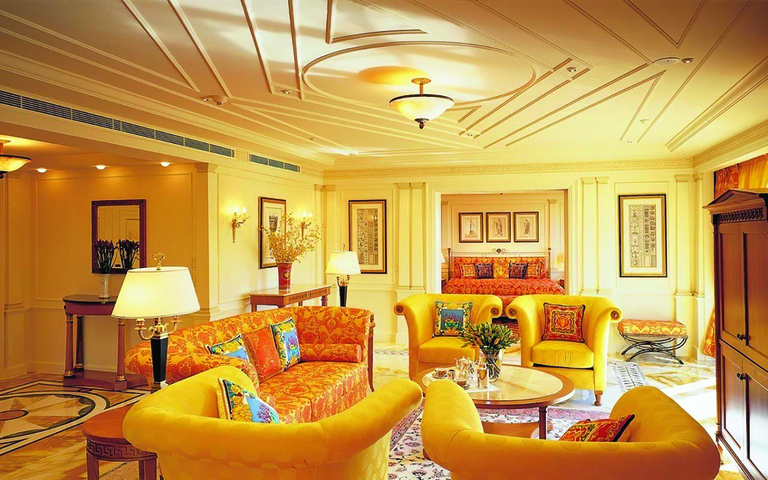
Beyond Haute Couture
Two decades after the first luxury fashion brand ventured into luxury hospitality – with Palazzo Versace on the Gold Coast of Australia claiming that landmark breakthrough in 2000 – the past few years have also demonstrated that haute couture isn’t the only door into hotels. High-profile companies in the likes of publishing and furniture design have made their own excursions into the hotel industry, frequently with the intention of bringing their brand equity and aesthetics with them.
Swiss watch company Audemars Piguet has been luring tourists to its hometown of Le Brassus in the country’s Vallée de Joux region. The company debuted Musée Atelier Audemars Piguet in the summer of 2020, then opened the 50-room Hôtel des Horlogers next door two years later – the name translates literally as “the watchmakers’ hotel”.
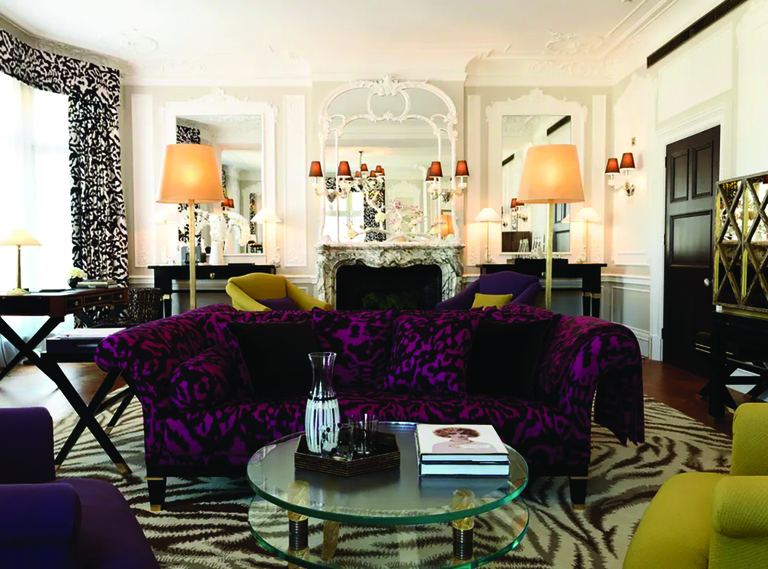
In collaboration with luxury management company Marugal, footwear icon Christian Louboutin opened a boutique hotel and restaurant this spring. A long-time favourite vacation spot for the designer, the town of Melides on Portugal’s Alentejo coast is home to the 13-key Hotel Vermelho.
France’s fashion publishing giant, Elle, made waves in spring 2022 with the announcement of two hospitality brands. The 25-room Maison Elle collection premiered in Paris’s 17th Arrondissement recently. Its resort division, Elle Hotel, is scheduled to launch this summer with a beach property in Jalisco, Mexico.
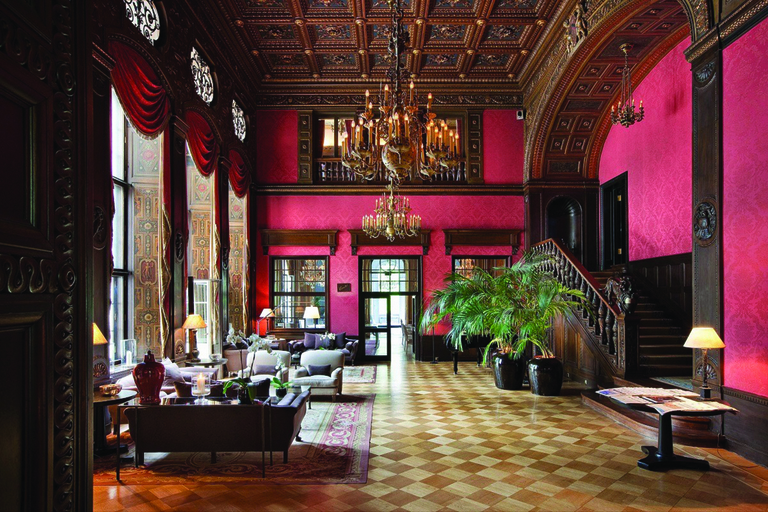
La Maison Fragonard, created in Arles by Agnès and Françoise Costa, scions of the century-old perfume business, and Paris-based design company Ateliers Saint-Lazare, added a little extra fragrance to Provence last summer. Its six rooms are above a ground-floor boutique selling clothing, houseware and perfume including the newest Fragonard release, Belle d’Arles.
Lastly, leading US luxury home brand RH has expanded into hospitality via the opening of the RH Guesthouse in New York City. The 1887 structure, a cosy distance from RH’s Meatpacking District showroom, has nine rooms and suites decorated in Italian travertine and white oak, as well as a restaurant and a basement caviar bar. Its top attraction – literally – though is a huge draw in New York: a rooftop pool.
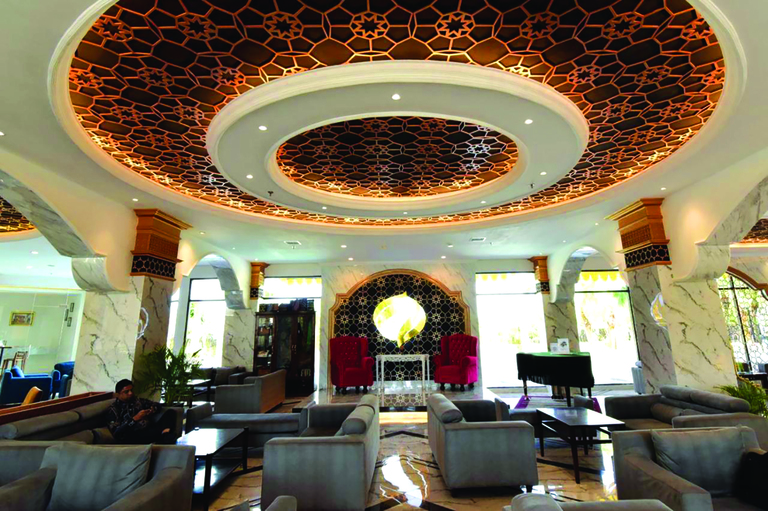
From Hotel to Retail
Back here at home, the luxury brand and hospitality collaboration trend continues as Rosewood owner and Chief Executive Sonia Cheng plans to transform the luxury hotel and resort Text: Joseff Musa group into a fully-fledged lifestyle brand within three to five years. “[This new direction is] about the attitude we’re seeing and what our guests are interested in, and being able to engage with them,” says Joanna Gunn, Chief Brand Officer of Rosewood Hotel Group. Before joining the company in May 2020 after two decades in the luxury retail sector, her most recent post was at Hong Kong’s iconic department store, Lane Crawford.
Brand-hotel partnerships will only grow in importance as the latter place more emphasis on their role as “staycation” destinations. Beyond international travel, luxury hotels have become places of entertainment outside of the home. How sweet it is to be living the suite life!



